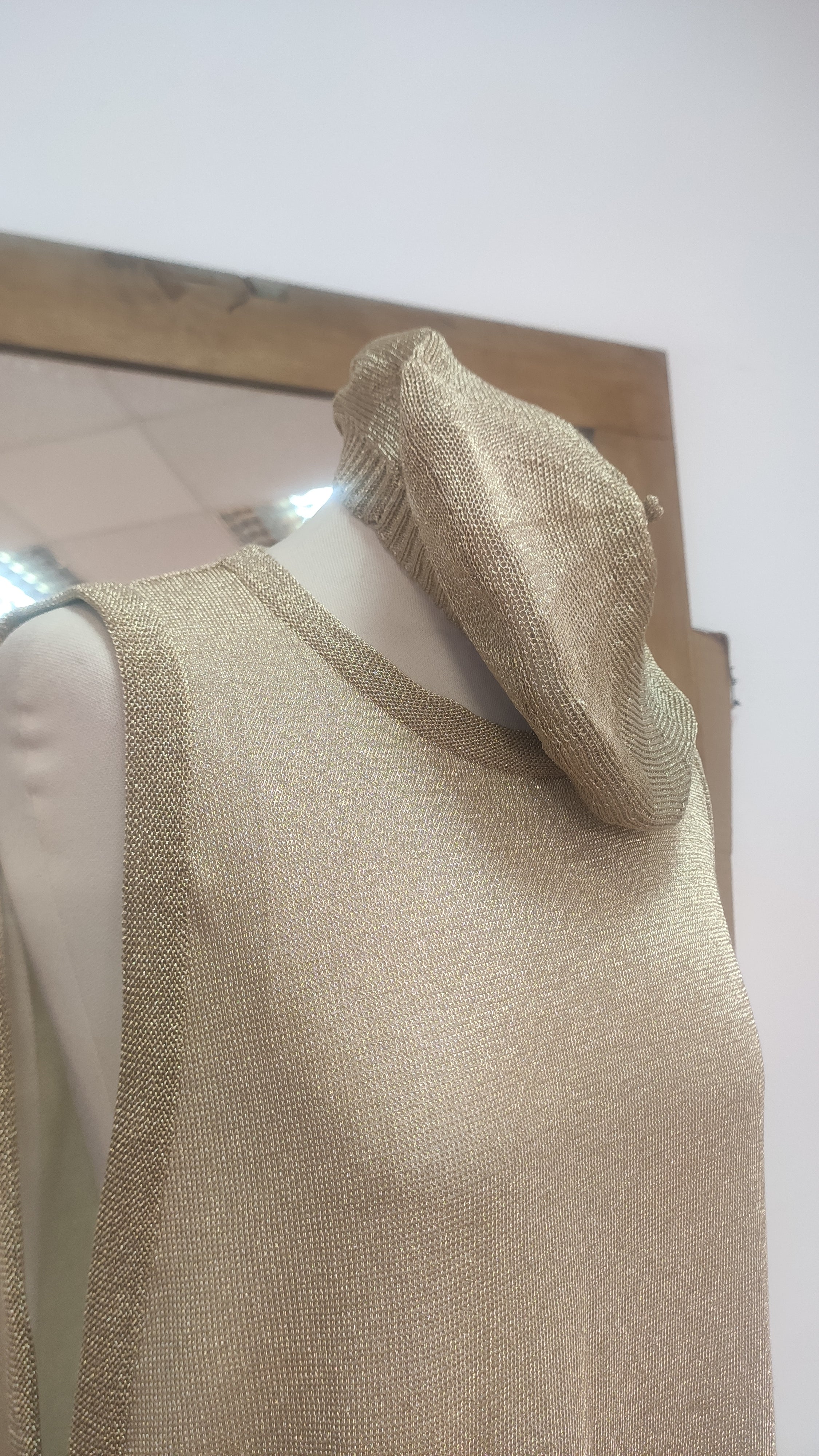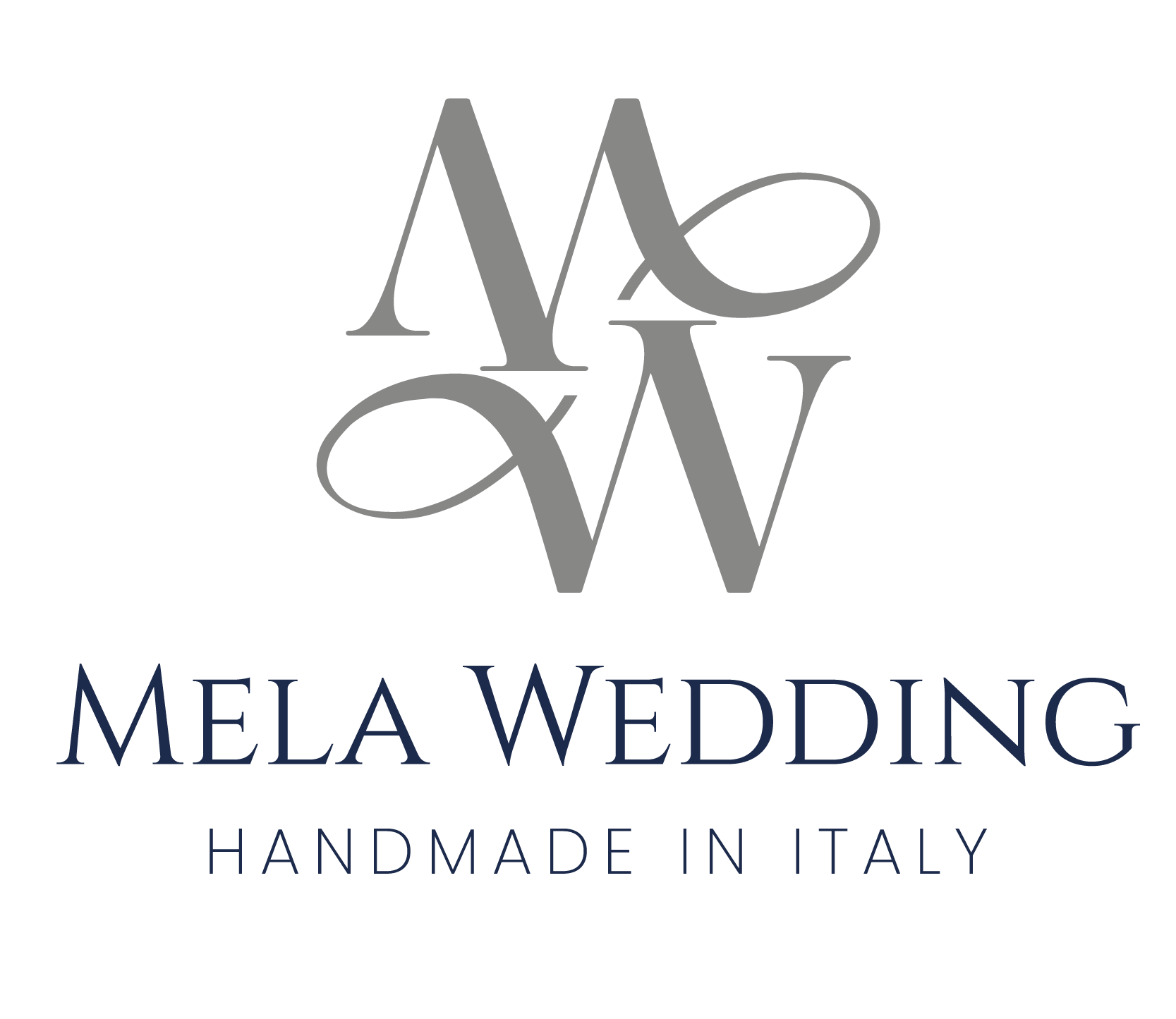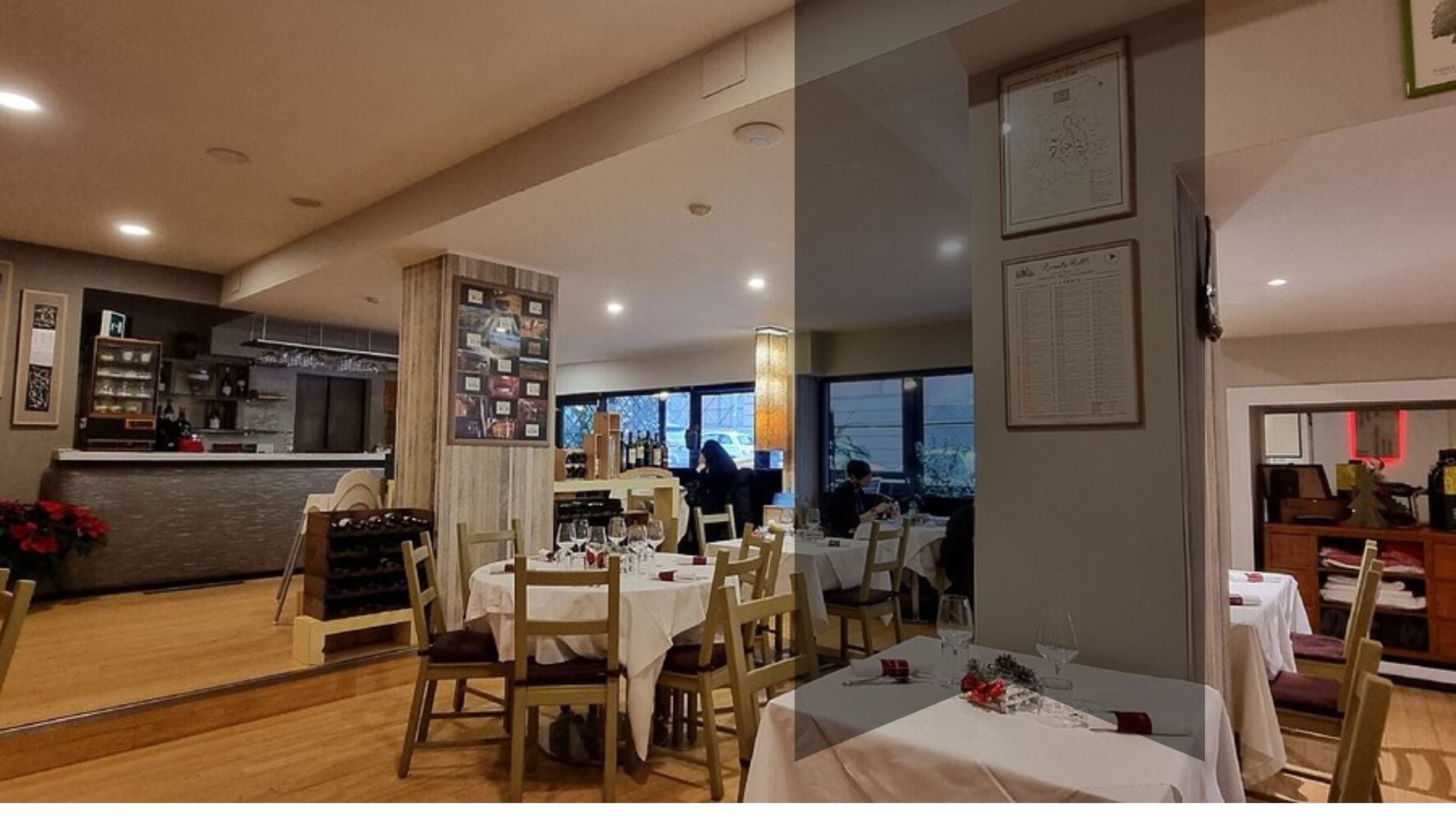Articolo: Sustainable Fashion and the Meaning of a "Total Ethical Brand": Revolution or Utopia?

Sustainable Fashion and the Meaning of a "Total Ethical Brand": Revolution or Utopia?
Today, we’re diving into a topic that could save the planet and make us look fabulous while doing it. No, I’m not talking about a new superfood that erases dark circles and brings inner peace (though that would be nice). I’m talking about sustainable fashion. But wait, don’t yawn just yet, because there’s a new concept that might catch your eye: the "total ethical brand." What does that mean? Sit down, grab a cup of tea (organic, of course), and let's explore this fashion revolution together.
Sustainable Fashion: Not Just a Trend
Yes, I know, saying "sustainable fashion" is a bit like saying "vegan ice cream." Some people roll their eyes, others get excited. The truth is, sustainable fashion isn’t just for yoga enthusiasts or people living in hipster neighborhoods—it’s a necessity for our planet.
The stats speak for themselves: the fashion industry is one of the most polluting in the world. Yep, that shirt you bought for a few bucks could cost way more in terms of environmental damage. And that’s where sustainable fashion comes in—a movement dedicated to reducing waste, emissions, and resource exploitation. The problem is, brands that label themselves as "sustainable" often do so halfway. They might use organic cotton, but still produce in factories where workers' rights are treated as an afterthought.
And that’s where the concept of the "total ethical brand" comes in. It sounds a bit like the superhero of fashion, doesn’t it?
What Is a "Total Ethical Brand"?
Imagine a world where fashion doesn’t just avoid harm, but actually does good. A "total ethical brand" aims to do just that. It doesn’t stop at sustainable materials; it ensures that every single aspect of its business positively impacts the environment, people, and society as a whole.
But what does that mean in practice? Let’s break it down. A total ethical brand:
- Uses recycled or organic materials, but doesn’t stop there. It ensures these materials are sourced and processed ethically.
- Produces in factories where workers are paid fairly, work in safe conditions, and have access to benefits like healthcare.
- Employs production processes that minimize its carbon footprint, maybe even using renewable energy.
- Cuts down on waste as much as possible, adopting circular economy practices like recycling garments at the end of their life.
- Is committed to complete transparency, showing the public everything that goes on behind the scenes of its production.
A total ethical brand has nothing to hide. It wants you to know exactly what you’re wearing, where it came from, and who made it. And honestly, that’s a huge difference compared to fast fashion giants, who prefer to let you imagine fairies sewing clothes in enchanted forests rather than show you their factories.
Why "Total Ethical Brands" Are the Future of Fashion
Okay, I know what you're thinking: "Sure, but that sounds a bit utopian, doesn’t it?" Maybe, but it’s no more utopian than imagining we’d one day shop without leaving the house. (Thanks, internet!)
The fact is, consumers are changing. We are changing. We’re no longer satisfied with buying cute clothes at low prices; we want to know what impact our shopping has on the world. And this isn’t just a passing trend. Data shows that the demand for sustainable clothing is on the rise, and more and more people are willing to pay a bit more for an ethical product.
So, yes, maybe the concept of a total ethical brand is new and ambitious, but it’s exactly what we need. And the good news is, we don’t have to wait for some distant future: some brands are already embracing this philosophy. Sure, there aren’t many yet, but they’re the pioneers of a revolution that could change the way we dress and, who knows, even the world itself.
Conclusion: Let’s Vote Yes to Total Ethical Brands!
In an ideal world, every brand would be a total ethical brand. And while that world might still seem far off, every conscious purchase we make brings us one step closer. So next time you’re about to click "buy now" on that website offering shirts for less than a cup of coffee, pause for a second and ask yourself: "Where did this come from? Who made it? And how was it produced?" If the answer makes you uncomfortable, maybe it’s time to consider the ethical alternative.
After all, dressing well shouldn’t just make you look good; it should make you feel good too. And a total ethical brand? Well, that might just be the best of both worlds.
What do you think? Utopia or the future of fashion? tell me in the comments.



